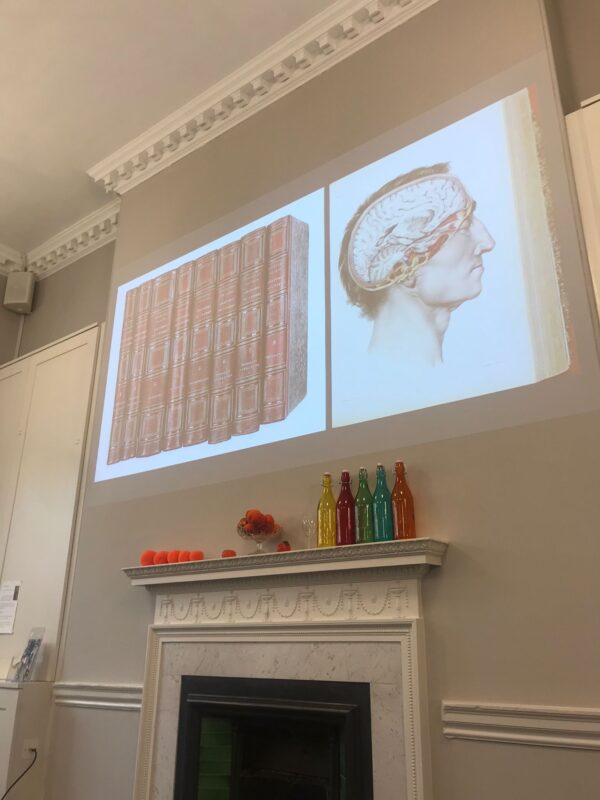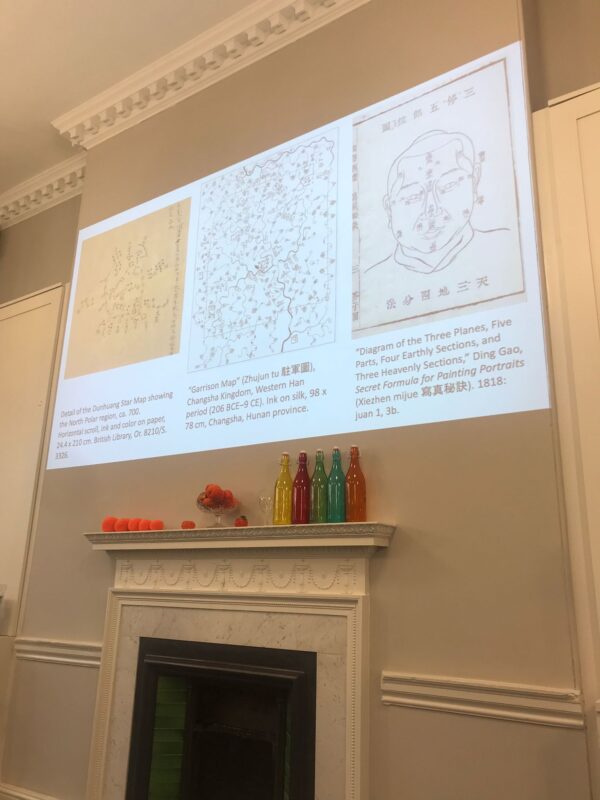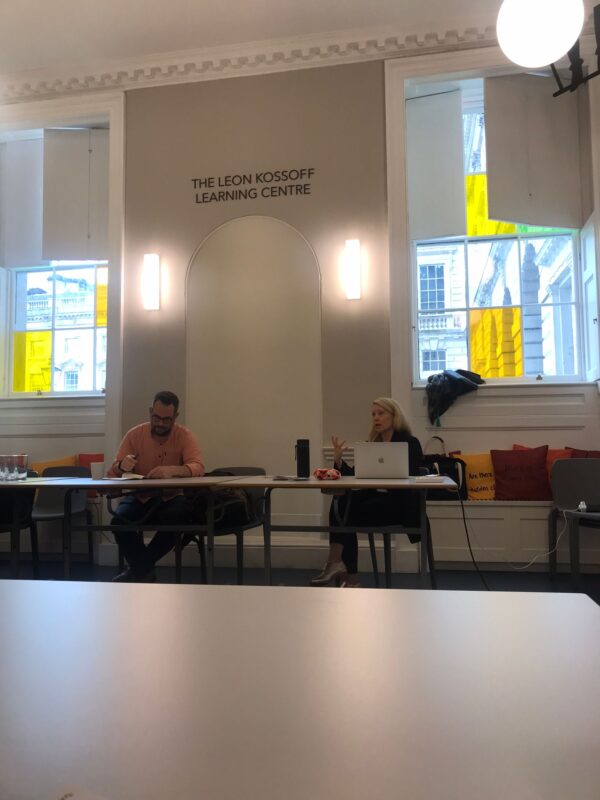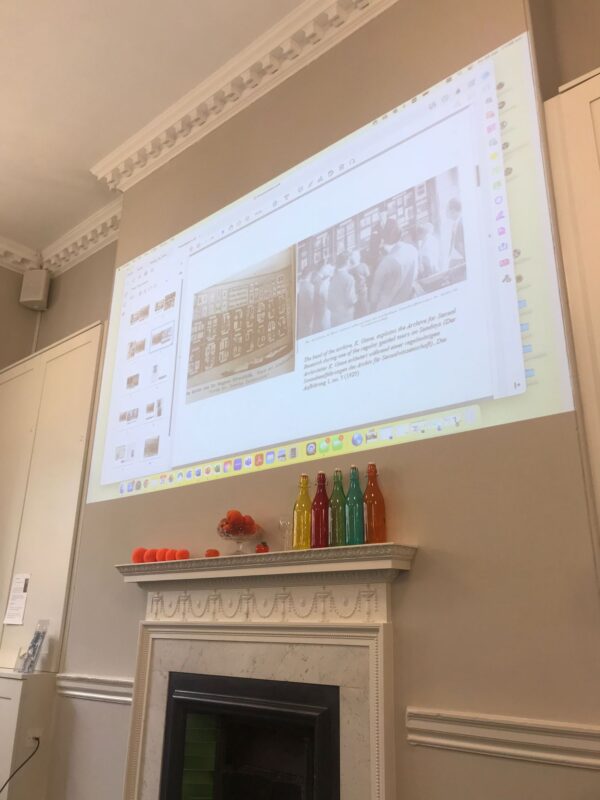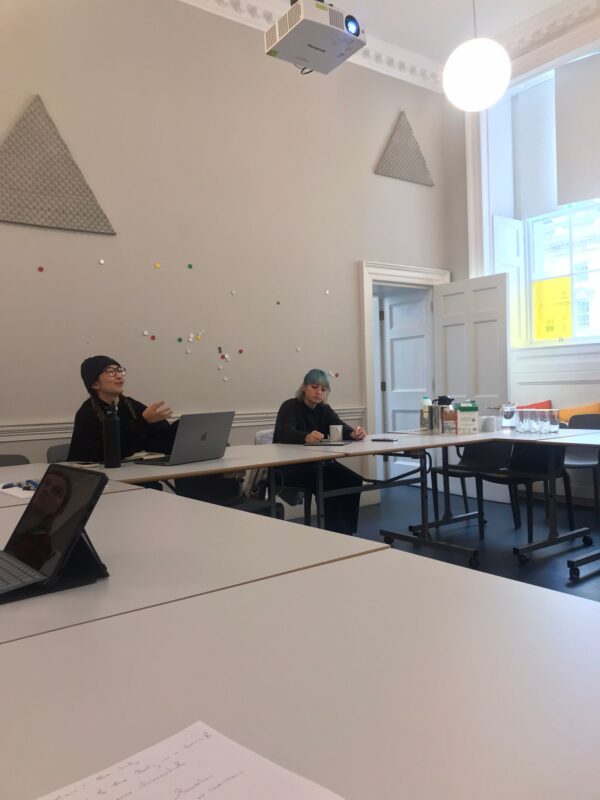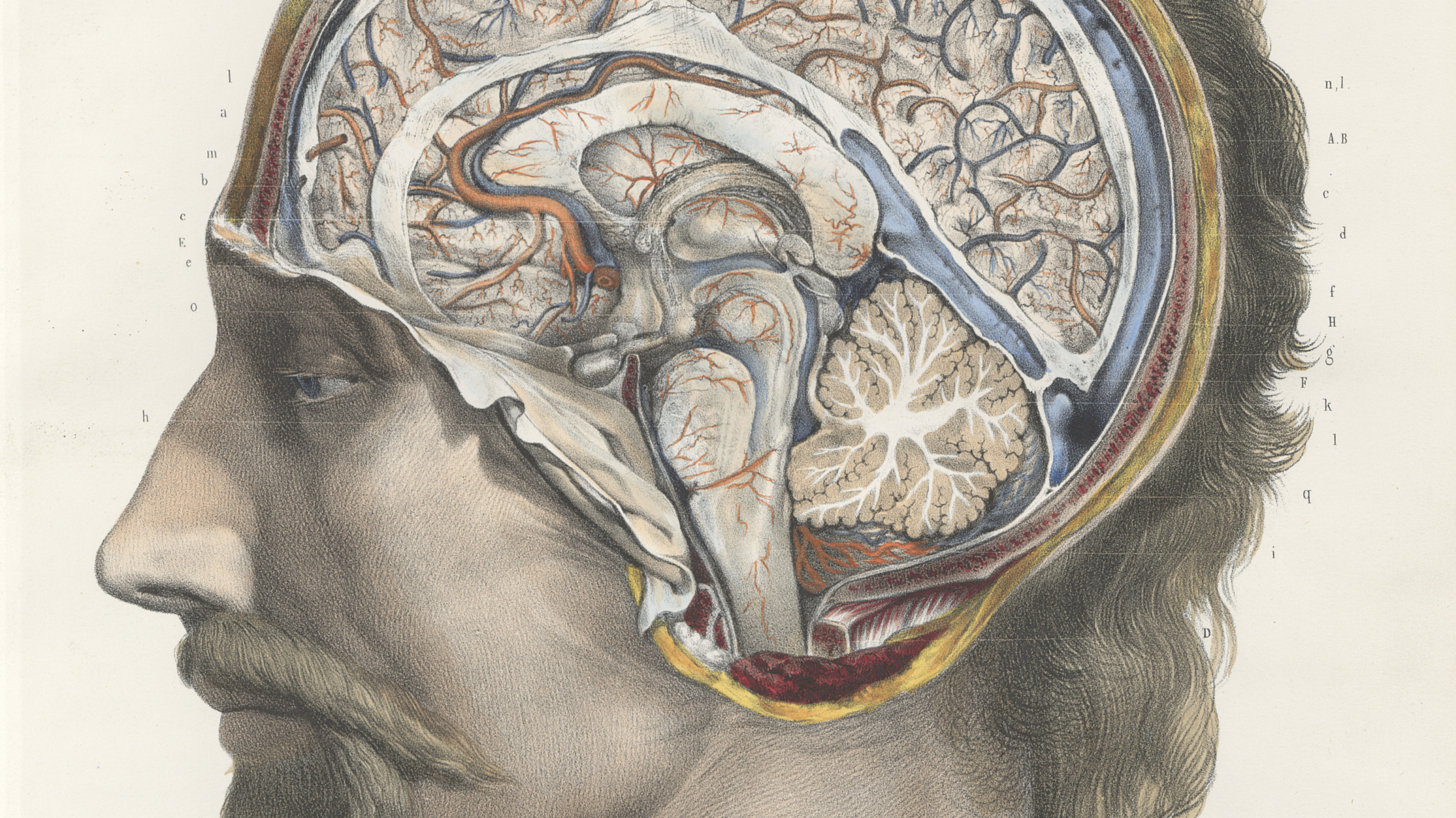
Art and Health [Archived]
Repositioning how we define and understand the collection and expression of biometrics since the industrial age, Art and Health: Early Biometrics and the Visualisation of Disease explored the formative relationship among art, visual technologies, and public health in the nineteenth century. Bringing together collections and scholars across the UK and Australia, this project sought to expand institutional dialogues through a collective examination of the modern body as both a subject and medium.
Led by Dr. Emily Eastgate Brink at the University of Western Australia, this project was an institutional collaboration that included UWA, the University of Sydney, and The Courtauld.
Chief Investigator Biographies
Dr. Emily Eastgate Brink is an Associate Professor in the History of Art at the University of Western Australia, where she focuses on the art and visual culture of the global eighteenth and nineteenth centuries. Her scholarship explores the European engagement with alterity in the later nineteenth century, with an emphasis on Asian ‘otherness,’ monstrosity, marginalised communities, and disease. This research has broad applications to the visual study of science, the history of material economies, portraiture, and the construction of identity in the modern period. Her work has received recognition and support from a variety of organisations, including: The Australian Institute of Art History, the National Library of Australia, the Mellon Foundation, and the Stanford University Humanities Center and has appeared in Word and Image, Ésprit Créateur, Architectural Theory Review, among other publications. Dr. Brink is the Chief Investigator for the Art and Health research grant, which informs her book project on portraiture and illness in the late nineteenth century.
Professor Sandra Carr is a leading scholar of medical education and works within UWA’s School of Allied Health. Professor Carr developed the interdisciplinary Humanities in Health and Medicine course at UWA, which integrates the humanistic values of critical inquiry and observation into a study of health and illness. As a trained medical professional, Professor Carr provides invaluable perspective on diagnostic medicine and biometrics, while also helping to facilitate cross-disciplinary exchange with UWA’s medical students for the Art and Health research project.
Professor Mark Ledbury is an established art historian with a commitment to object-based learning and research. Beyond a scholarly focus on the eighteenth and nineteenth centuries, Professor Ledbury’s research examines how transdisciplinarity can reshape Art History. As the Director of the Power Institute of Fine Arts at the University of Sydney, Professor Ledbury has been responsible for realising large-scale, transdisciplinary initiatives, including the development of the Centre for Visual Understanding and the Getty Foundation’s Connecting Art Histories project. Professor Ledbury will facilitate workshops, object-based seminars, and collection tours in Sydney for the Art and Health research grant.
Dr. Stephen Whiteman is a leading scholar of Chinese Art History and the Art and Health research project’s liaison at the Courtauld Institute of Art. Dr. Whiteman has examined the intersection of Asian and Antipodean cultures through such projects as his Ambitious Alignment Initiative, and offers invaluable perspective on the marginalisation and pathologizing of Asian immigrants in modern Europe and Australia. Dr. Whiteman’s forthcoming research explores how maps informed the depiction of the Chinese body and has direct applications to the collaboration’s focus on portraiture, anatomy, and the diagnostic depiction of the human form.
Events
Rethinking the Body as Archive: Art History and the Interpretation of the Human Form
A workshop organised by: Dr. Emily Eastgate Brink, Associate Professor – History of Art, The University of Western Australia
27th-28th April 2023 at The Courtauld Institute of Art
This workshop considers how art historians might engage the notion of the body as archive. While not confined to the modern period, this conversation seeks to build on theoretical interpretations of the human form in the post-Enlightenment era, with an emphasis on the scientific gaze and the body as a
repository of cultural, political, and pathological information. As bodies are increasingly measured, mapped, and categorised, how does the human form become a visual expression of data? How might contemporary biometrics inflect our historical understanding of bodily representation or portraiture? In contemplating the body as archive, this workshop is particularly interested in exploring the possibilities of flesh as both a medium and index and welcomes perspectives from a variety of historical periods and disciplines. Spanning two days, the workshop will begin with a discussion of critical texts and conclude with an invitation to share projects and engage with object collections.







